In the fast-paced world of personal training, where the goal is to help clients achieve their fitness aspirations, there’s an aspect that sometimes takes a back seat – the need for professional qualification and insurance. In this blog, we’ll delve into why it’s crucial for personal trainers to obtain the necessary qualifications and insurance to safeguard their careers and protect themselves from potential claims and legal challenges.
1. The Legal Landscape
In recent years, the fitness industry has seen a surge in the number of claims against personal trainers. These claims range from alleged negligence to injuries sustained during training sessions. With solicitors offering “no win, no fee” services, it’s become increasingly easier for anyone to make a claim against a personal trainer. This stark reality should serve as a wake-up call to all fitness professionals.
2. The Role of Qualification
Being qualified isn’t just about having the knowledge and skills to provide effective training sessions; it’s also about safeguarding your career. Qualifications in personal training not only validate your expertise but also make you eligible for public and professional indemnity insurance. Without these qualifications, insurance providers may hesitate to cover you in the event of a claim.
3. Insurance: Your Safety Net
Public and professional indemnity insurance is your safety net, a crucial shield against legal challenges. If a claim is ever made against you for negligence or injury sustained during your training sessions, insurance can provide financial protection. Without insurance, you may be personally liable for the costs associated with a legal battle, which can be financially devastating.
4. Compliance and Ethical Standards
Insurance providers are meticulous when assessing claims. They scrutinise whether the insured party was compliant with ethical and professional standards. If you’re found to have been negligent or have violated industry standards, the insurer may not cover you. This underscores the importance of maintaining high ethical and professional standards in your practice.
5. The Trail of Records
Keeping a meticulous record of your sessions and timelines is not just a best practice; it’s a lifeline in case of a claim. Should a claim ever be made against you, having a clear trail of documentation can be your strongest defense. It can help demonstrate your commitment to client safety and professional conduct.
6. Continuing Professional Development (CPD)
The fitness industry is dynamic, with new trends, techniques, and research emerging regularly. Continuing Professional Development (CPD) is essential for personal trainers to stay current and improve their skills. Insurance providers may look at your commitment to ongoing education and training when assessing a claim. Staying up to date with CPD not only enhances your expertise but also bolsters your position in the eyes of insurers.
7. The Potential for Multiple Claims
When a claim is made, it’s not uncommon for the claimant to try to sue both the personal trainer and the gym. In such cases, having the right insurance coverage becomes even more critical. Gym owners also have a stake in ensuring that their trainers are adequately qualified and insured.
Conclusion
In the fitness industry, being a qualified and insured personal trainer is non-negotiable. It’s your passport to a successful and sustainable career. Qualifications not only demonstrate your expertise but also make you eligible for crucial insurance coverage. In a world where legal claims can arise at any time, it’s essential to protect your livelihood. Keep meticulous records, adhere to ethical standards, and stay updated with CPD to build a strong defense. Remember, it’s not just about protecting your career; it’s also about safeguarding your clients’ well-being and maintaining the integrity of the fitness industry.
Written by Kevin Mantle


